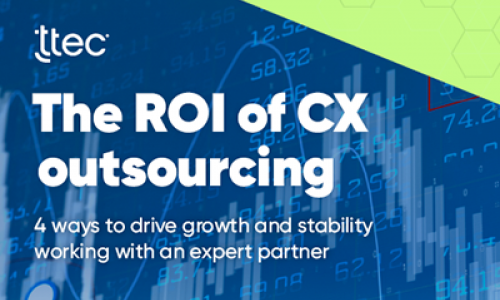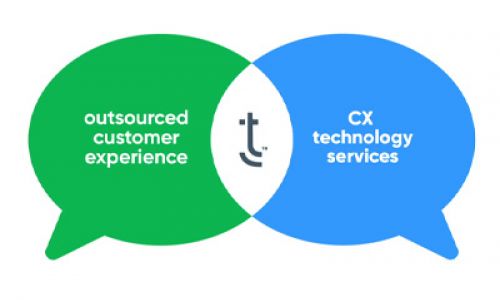Digital transformation is more than technology. It’s the people, leadership and experiences that drive innovation and amazing experiences in an organisation. These factors act as the building blocks to any successful digital journey.
To better explore this, we recently spoke with Futurist and CX expert Daniel Newman on why CX leaders need to think beyond the tools with their digital transformation. Here are the top digital transformation insights we discussed for a world that is ready to face change head on.
If you’ll like to hear more insights from our discussions with Daniel Newman and other business leaders tune into our CX influencer series today.
1. Own the entire journey
COVID-19 accelerated digital transformation, but it didn’t kill the need for human interaction, rather it enhanced it. Digital, physical, or a mixture of both, every step a customer takes with your brand needs to be enriched with tangible and authentic experiences.
For many organisations who are investing in their online presence, don’t forget to provide a welcoming digital front door. Just because they aren’t facing their customers doesn’t mean they shouldn’t ignore the need for rich experiences from the moment customers engage.
We broke this into two tenants based off Disney, the renowned owner of experiences:
- Every employee is responsible for creating magical moments
- Pick up the trash (let us elaborate)
Disney employees monitored the steps taken for park visitors to dispose of trash, they analysed people, their habits and created a layout where trash bins are located every few steps. This symbolises a company’s understanding how even the smallest (and sometimes unsavory) details fit into every step of the journey.
2. Put people first
We live in an environment ripe with opportunities to better understand customers through data. AI and machine learning are invaluable tools for digital transformation, but we cannot forget about relying on people as the backbone of any customer interaction.
Prioritise the human experience ahead of everything else. Employees who feel valued build relationships, loyalty and authenticity with consumers. Organisations can invest in a philosophy of paying their employees more than a living wage and creating a sense of purpose to help build highly motivated and dedicated employees. This helps translate into amazing customer experiences that builds lifetime loyalty.
As with many of the insights we discussed, it’s a balancing act. Technology can unlock so much, but it’s the people that represent what your brand truly stands for.
3. CEOs take charge
CEOs must go on a ‘bold path’, leading the change in an environment that demands innovation. Leaders need to pay close attention to the world, adapt, take risks and be at the forefront of change when their organisation takes a leap.
And today we need leaders who not only listen, but also act. We live in a time where it’s crucial that CEOs operate on the front lines of customer experience. This means never completely delegating and leading by example. Digital transformation and cultural change cannot leave anyone behind.
4. Culture is everything
Culture is the centre of your organisation. It’s how the people, technology and experiences come together to orchestrate a perfect symphony. Too often we confuse culture with ensuring that employees are happy, but it’s become so much deeper.
Investing in digital transformation begins with a good culture. Ask yourself, what does your brand mean to a customer as soon they walk in? When an employee greets them? When they read an article on your CEO’s leadership? Everything ties together to represent what your organisation means inside and out.
Don’t think of the most disruptive brand, think of the brand where once you hear their name you know what they stand for and the knowledge that wherever you go you’ll get the same experience.
Keep changing, stay human
At its core, digital transformation is an emotional experience. Organisations taking this journey out of necessity or exploring new options are taking a leap into new territory and it matters more than ever that it’s done right.






